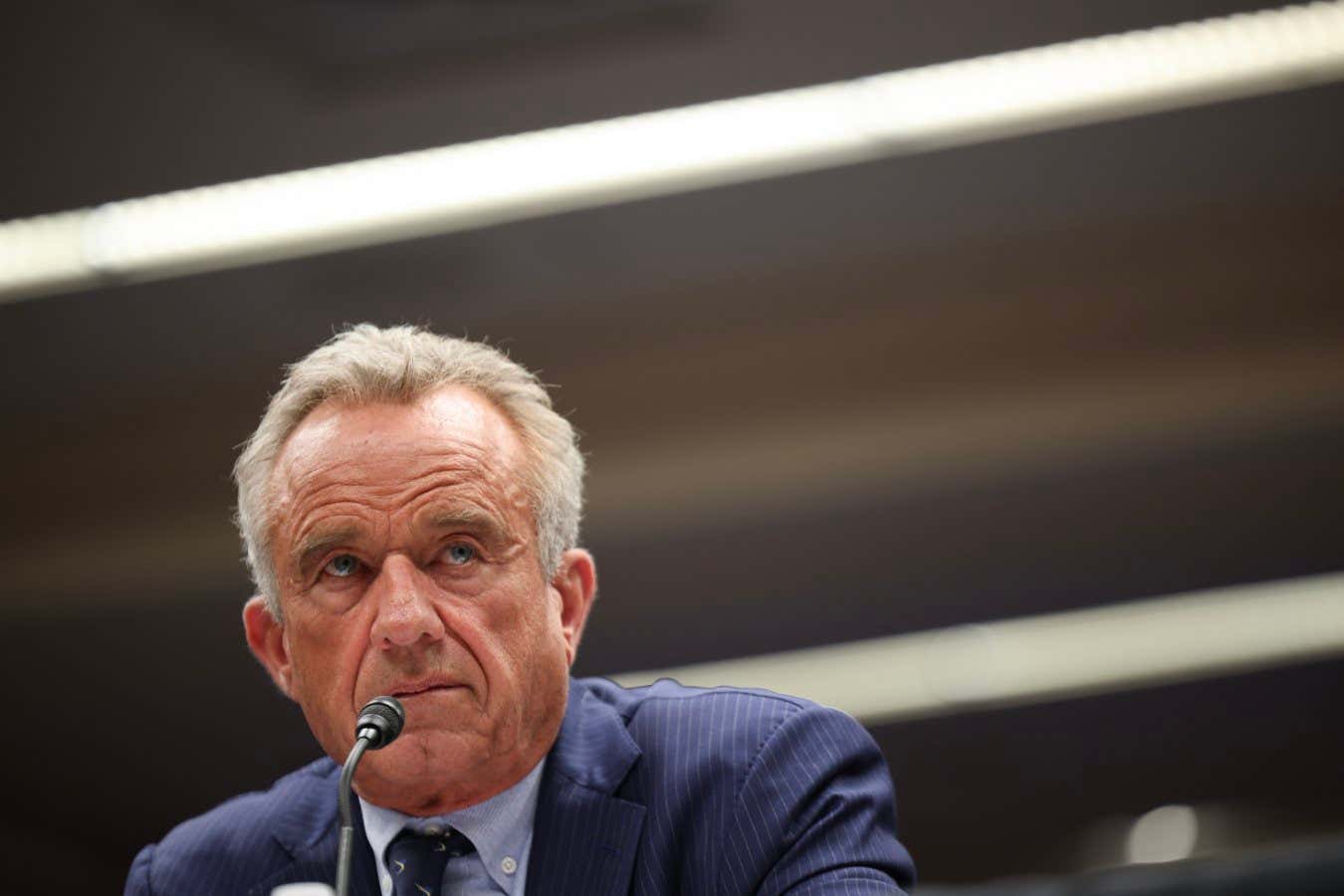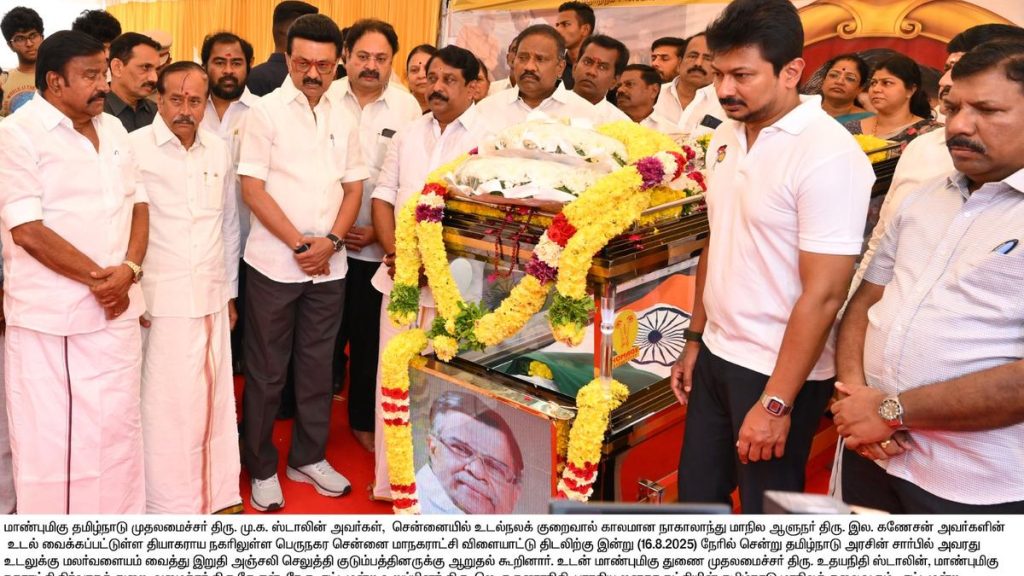Now Reading: US Halts Support for COVID-19 Shots in Kids: What’s Next for Vaccines?
-
01
US Halts Support for COVID-19 Shots in Kids: What’s Next for Vaccines?
US Halts Support for COVID-19 Shots in Kids: What’s Next for Vaccines?

Quick Summary:
- Resignation at CDC: Lakshmi Panagiotakopoulos,a top vaccine expert from the CDC,resigned on June 4 following controversial public health decisions by US Secretary of Health and Human Services Robert F Kennedy Jr.
- Policy Change: Kennedy announced that covid-19 vaccines would no longer be recommended for healthy children and pregnant women, bypassing independent advisory processes like the Advisory Committee on Immunization Practices (ACIP).
- CDC’s New Guidance: The updated guidance advises vaccination based on “shared clinical decision-making,” potentially complicating children’s access to covid shots.
- International Comparisons: Countries like Australia and the UK also limit recommendations for covid vaccines under certain circumstances but cite different contextual factors such as cost-effectiveness and healthcare access.
- Public health Concerns: Experts expressed alarm over Kennedy’s unilateral decision-making approach; some warned it could undermine trust in vaccinations broadly. Concerns raised about potential decreases in immunization rates.
Indian Opinion Analysis:
India has historically leaned heavily on robust public health advisories formulated by collective expert panels rather than individual leaders’ directives. The bypassing of advisory bodies in favor of unilateral changes, seen in this development, highlights the importance of evidence-based policymaking supported by institutions. For India-which struggles with diverse healthcare accessibility challenges-predictable guidelines are crucial for bolstering public confidence in vaccines.The controversy unfolding post-Kennedy’s proclamation underscores how fragmented interaction can sow confusion among populations already inundated with misinformation. This serves as an meaningful lesson for India’s system to fortify fact-driven outreach efforts while maintaining transparency during any revisions to vaccination protocols.
Furthermore, differences cited by international experts around population immunity and cost-effectiveness create room for introspection about tailoring solutions contextually. India might need adaptive strategies grounded not only in science but also its demographic realities when considering future policies or responding to global trends.

























